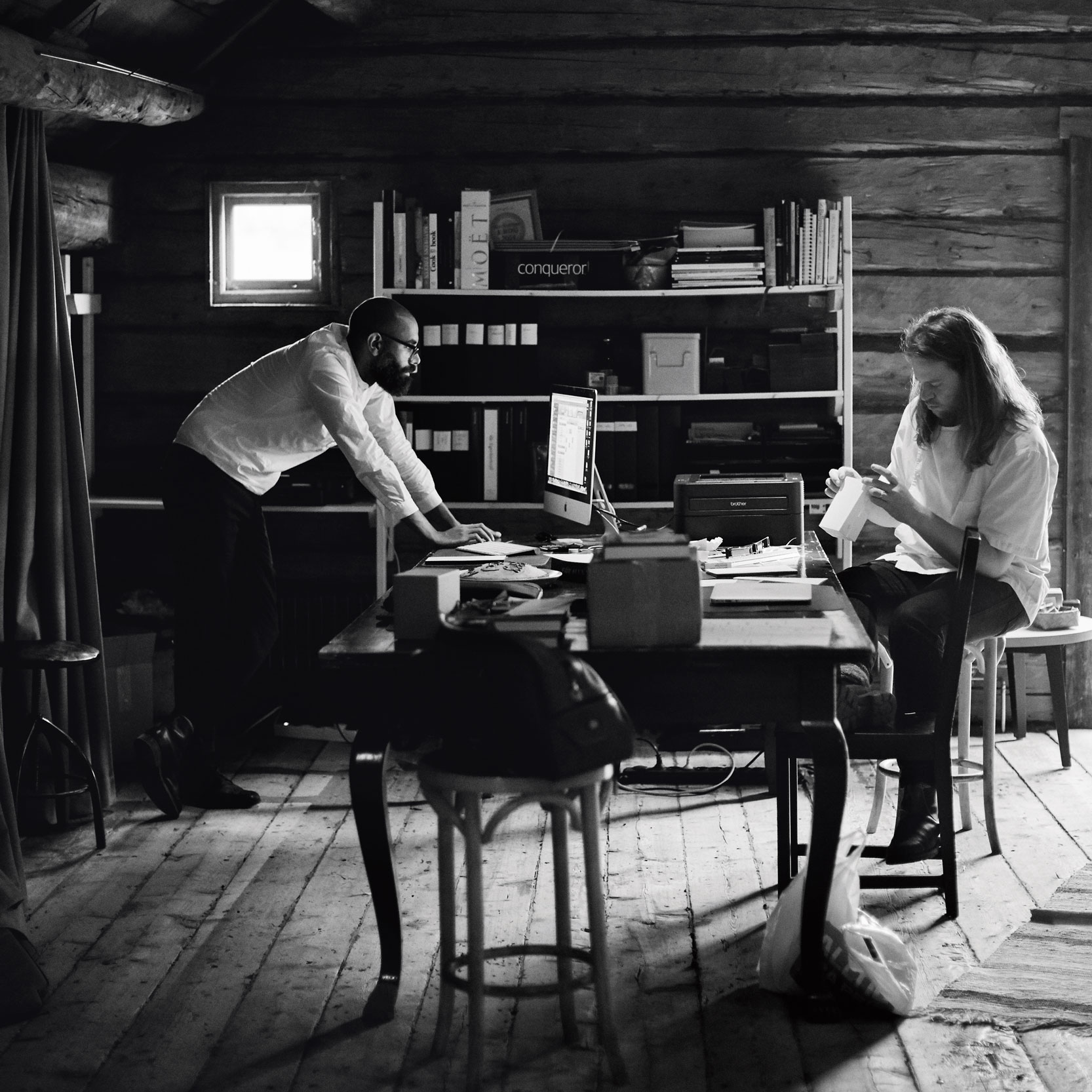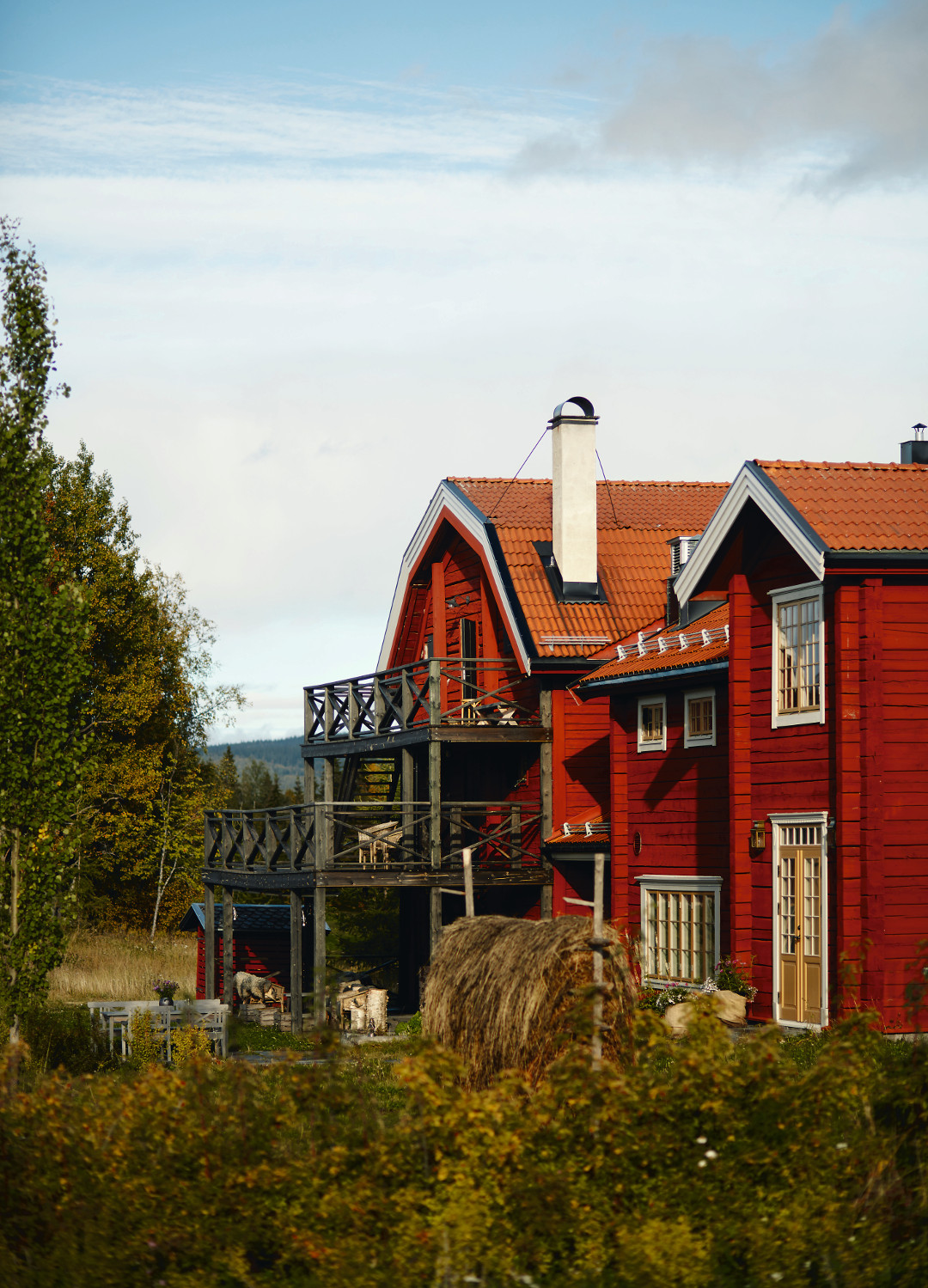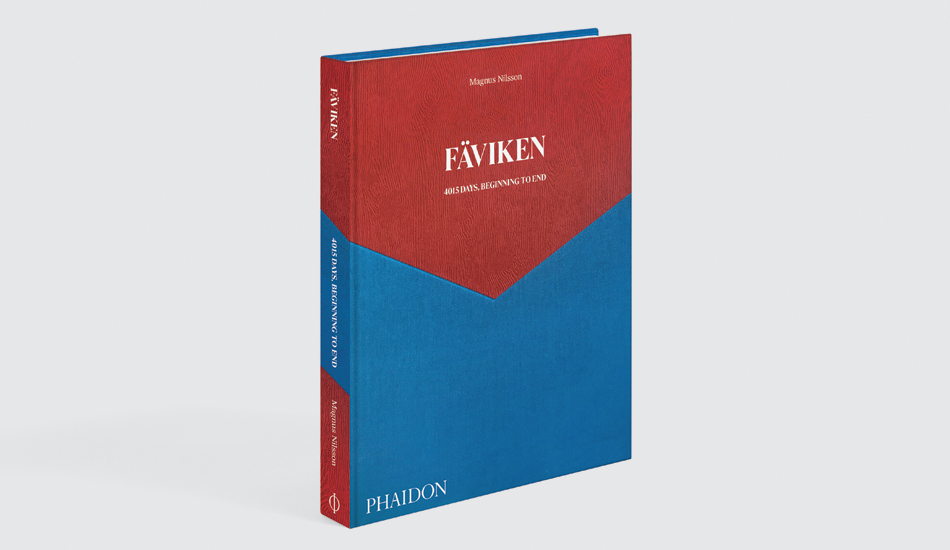
Magnus Nilsson's Momentous Moments: The point he understood that fame helped with cookery, just a little
The chef, Nordic food authority and Phaidon author doesn’t mind posing for selfies, just maybe steer clear of him when he’s queuing for the log flume
Magnus Nilsson’s new book, Fäviken: 4015 Days, Beginning to End, is a wonderfully good read. It details a complete list of dishes served at Fäviken in chronological order, and describes not only how a great many of them are cooked, but also how the chef and his brigade developed these remarkable creations.
However, the book goes beyond the usual scope of the customary cookbook or chef’s monograph. In this new title, Magnus actually describes how he turned a remote Swedish hunting lodge into one of the world’s most highly praised restaurants, and in the process, developed from a little-known culinary professional into an internationally renowned star chef.
You might remember Nilsson’s rise to fame. Early photos showed the long-haired chef in a fur coat and Iron Maiden t-shirt, looking more like a latter-day Norse God than recent culinary school graduate. That image-making, the chef’s distinct look and attendant fame helped Nilsson attract both diners and talented cooks to Fäviken, yet it wasn’t without its drawbacks.

“Running Fäviken has turned me into somewhat of a celebrity,” he writes in his new book. “Not in a way where I would need my own bodyguard when I travel (thank you, life, for not making that a reality) or where I couldn’t walk up a street somewhere without people going crazy, not at all like that. But enough so that me being its head chef became part of the reason that people travelled to eat at Fäviken. It’s not just about the food, the service and the place, it’s also about me. I am not entirely comfortable writing about this because it sounds so presumptuous, but I think it must be said because that is simply the way it is.
“There are some downsides to all of it, like when I go to a restaurant and inevitably never get just the normal treatment anymore,” he goes on to say. “That normal treatment is often what made me want to go visit that particular place to begin with, the thing that makes it special."
And Magnus isn’t just recognised in the restaurant community. “I also get my fair share of people approaching me to talk about something Fäviken-related when I have family time and I’m not technically working – let’s say, when I am standing in line for the flume ride in some amusement park with the whole flock of kids around me and the whole situation makes me feel really awkward because I don’t want to tell them to leave me alone, they are just being enthusiastic, but at the same time I AM CLEARLY NOT WORKING.”
Of course, he remains pretty even tempered. “The modest amount of fame that I and the restaurant achieved in tandem has been very positive, because to a large extent it’s what has allowed me to do so many interesting things in life that I wouldn’t have been able to otherwise,” he argues. “It has allowed me to keep the restaurant full and attract a lot of very interesting people to it. Me being a small-time celebrity has given me the opportunity to run the restaurant of my dreams as much as the restaurant of my dreams has made me well-known. It has given me so much in return to compensate for those few moments when it’s less than fun and, on the whole, it’s been worth it.
Still, he won't’ miss the fame Fäviken has brought. “It would be much worse if stuff like the above happened all the time, which it doesn’t, and my brush with semi-fame has made me realize what terrible lives many really famous people must live. At some point not too far off from where I am, you must hit a point of diminishing returns, a point where every increase in your fame gives less and less back to you that’s positive and more that’s negative.

“I know that there are some people out there whose goal it is to become famous, but for me that was never the case,” he goes on. “My relative fame in hospitality and a bit beyond is, for me, something that I use as a tool to get to do amazing things. I don’t care about fame for the sake of being famous, but I do care about it, or perhaps rather relate to it, every day because of what it enables me to do but also because of how it affects me as a person. When you are a public person, I imagine for some that there could also be an added feeling of having to stay famous too. To remain relevant and constantly on someone’s mind. At least that’s what it looks like when I observe other people who are in the same type of situation as me. I’ve never really felt any stress about that, though, figuring that if you do great things, enough people will find out and come seek you out for it. Especially if you are already a bit well-known. And truth be told, now that I no longer run Fäviken, my need for the fame as a professional tool has diminished substantially, and so has the interest in my person, something I am totally fine with.

“On occasion, I do get stopped in the street for a selfie, which is perfectly fine. It even makes me happy knowing that people care and appreciate what I do enough to approach me, when we have never met before, and tell me so.”
Remember that, if you want to go up to Magnus phone in hand. For more culinary, creative and career insight from Nilsson, order a copy of Fäviken: 4015 Days, Beginning to End here